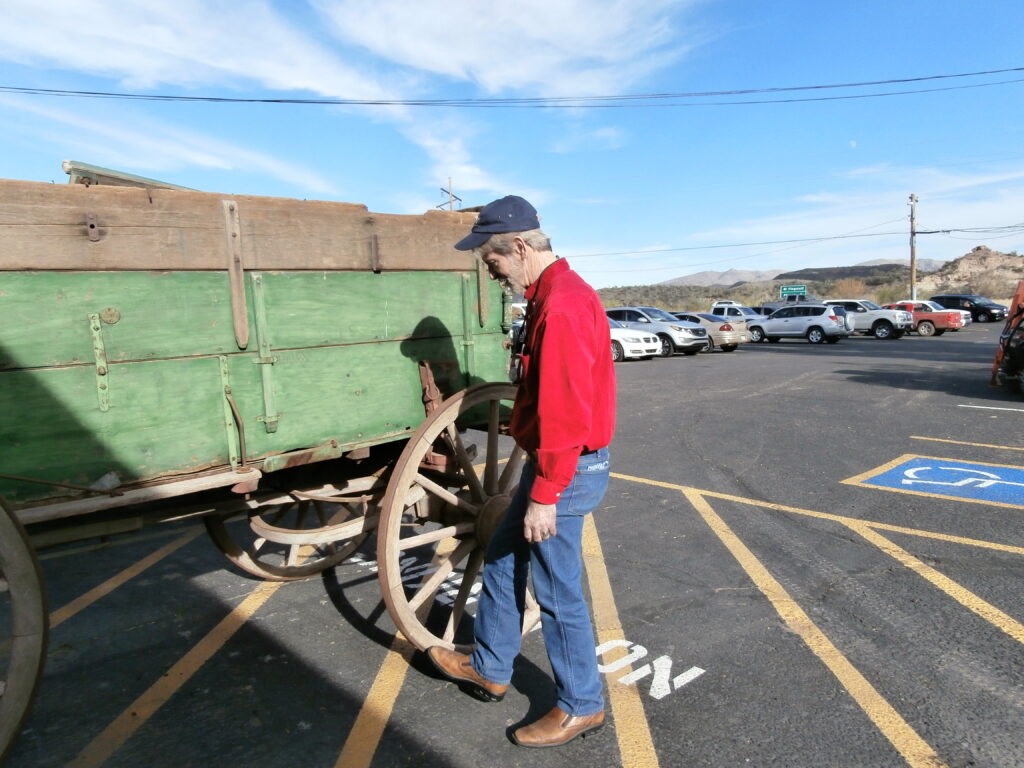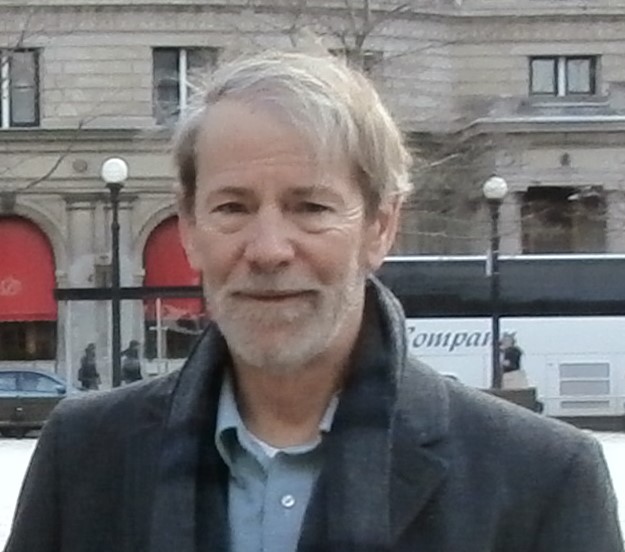Exclusive Interview with Stephen Floyd – Filmmaker
Stephen Floyd is a member of the Dramatists’ Guild of America, Player-Playwrights Kilburn (London) UK, London Playwrights Workshop, Arizona Playwrights, and the Modern Language Association. His B.A. in Latin American Studies was earned at Arizona State University, with graduate work at La Universidad de Deusto in Bilbao, Spain, and M.A.T. in Spanish at Northern Arizona University in Flagstaff.
His full-length comedy Hogsquatch was produced at The Aside Theatre in Phoenix (2019). His short play The Legacy of Auntie Nona was presented at the Now and Then Creative Company in Phoenix (Sept. 2018), City of Casa Grande Arts and Humanities Commission (Mar. 2019), Magnolia Arts Center in Greenville, NC (Aug. 2019), and in Kilburn, London (Feb. 2020). His short sci-fi play Picnic at Dreamy Draw Park was produced by the Laughing Pig Theatre at the Mesa Arts Center (Feb. 2020). His full-length Young Adult play Superstition Afternoons was recognized at the Moondance Film Festival in Boulder, CO (Sept. 2019) and won the Michael J. Libow Award from the Beverly Hills Theatre Guild (June 2020).
NY Glam: What projects are you currently working on?
My screenplay The Llandudno File is a Cold War spy story about industrial espionage, set in 1970. It covers the development of West Germany’s entry in the Supersonic Transport race and how their design was sabotaged on the drawing board by an East German engineer. France and the UK were building the Concorde, the Soviet Union was copying it for their Tupolev, a.k.a. the “Concordski” and in the U.S., Boeing, Lockheed and McDonnell-Douglas were lobbying Congress for a hundred million dollars for ours. It’s an account that’s never been told.
The Llandudno File has earned a few laurels at film festivals and I’m hoping that someone is interested in telling this story in a suspenseful movie – complete with microfilm, a murdered whistleblower, a defenestration in Dublin, and a motorcycle chase around the Great Orme in Wales.
My other job has been writing the screenplay Eleno, about an intersex biracial slave in Spain who was probably Western Europe’s first female surgeon in the 1580s. She ran into trouble with the Holy Office of the Inquisition for transvestism, blasphemy, heresy, sodomy, and witchcraft, and beat them at their own game.
NY Glam: What makes a film great for you? Are there certain qualities that make a film better for you?
I look for transcendent messages that engage me. Plotline is regarded as primary, but the plot for Titanic is “Ship sinks.” There’s a love story there and we wonder if it’s going to be tragic. Beckett is my all-time favorite – it’s got Richard Burton and Peter O’Toole – great actors – it’s got historicity, making him and Henry the Second into flesh-and-blood persons grappling with issues. Casablanca has it all. After you’ve watched a film, what are you left with? I want to be provoked, or filled up. The Crying Game and Philadelphia provoke. Amistad, Loving, and Bridge of Spies fill me up. I also happen to like humor in there as an element.

NY Glam: As a screenwriter, what is the most important aspect of building a character?
Dialogic. His Girl Friday has tension and terrific exchanges between Cary Grant and Rosalind Russell, so credible dialogue is a writing factor that carries a great film plot forward. The Crown series is wonderful for depicting the relationship between the sovereign and the government that regulates the monarch. But there’s a “What’s up, Maj?” moment on a plane where Capt. Peter Townsend sits down with Her Majesty and calls her “Lilibet” that just isn’t believable for a staff member who successfully managed his role serving the royal household.
Proof of the best dialogic is when the actors’ lines are recognized in the culture and move into the language: “There’s no crying in baseball.” and “We don’t need no stinking badges.” and “I’m shocked! Shocked, I tell you!” come to mind. “Pay no attention to that man behind the curtain.” became a classic. Those screenwriters connected with viewers’ daily lives to become meaningful and iconic. And if the movie is really good, you might hear more than one from it! “I’ll get your little dog, too.”
NY Glam: Top 3 projects that you have been involved in?
My full-length comedy stage play Hogsquatch was produced by The Aside Theatre in Phoenix, 2019, and I had the opportunity to play a minor role as the Town Barber. It was enlightening for me to serve as a member of the cast, after being the writer of the story. I probably wrote shorter lines after that!
Then I got invited by B3 Productions, also in Phoenix, to be the Set Director for Lady Margaret Cavendish’s closet play Convent of Pleasure, which was fun to collaborate on for being a feminist work written in 1668, and also for Rosemary’s Baby Goes to High School. These other roles helped me expand my understanding of live theatre, and be a good member of the cast.
NY Glam: How do you express yourself creatively in any other ways?
Besides writing stage plays and screenplays, I enjoy reading Spanish, Portuguese and Italian because of my academic studies and travel. I taught Spanish at Northern Arizona and they granted me a scholarship for graduate study in Spain, which was pretty rewarding. My play Eleno is the result of that research in Spain’s National Historical Archives – in medieval Castilian, of course. Almost all of it derives from handwritten notarial records kept for an Inquisition trial in 1587.
At home, my garden is like therapy – I like to grow whatever I have time for, what will grow in each season. From these and even store-bought fruits, I make my own liqueurs in small amounts. They’re great for entertaining and mixing in desserts.
NY Glam: What advice would you give to someone who wants to have a career in filmmaking?
Read a lot. Watch other people’s work. Keep learning. Collaborate on a work with someone outside your specialty. If you have access to the written screenplay, read its scenes in between watching the movie.
I have taught this to junior high students in my Writing classes. We read several pages of Harper Lee’s text and followed it comparing, side-by-side, that same action in the 1962 movie To Kill a Mockingbird. Here’s an example: In the novel, find the chapter where Jeremy tells Scout about their neighbor Mrs. Dubose. Then watch the video segment where Atticus Finch talks to Mrs. Dubose on her porch, to see how Horton Foote, the writer, and Robert Mulligan, the director, handled the text. Another one is a scene enabled by Mr. Mulligan’s Best Boy, where Jeremy and Scout walk past a tree on their street and discover the chewing gum placed there by Boo Radley.
NY Glam: What can we expect from you in this actual year?
I’m putting finishing touches on my screenplay, Twelve Fridays, about small-town life and hypocrisy. The protagonist is the town itself. It’s a story of Justice Denied – how an artist was falsely accused of a sex crime, and how he exacted his revenge on the town by posting graffiti that named their own transgressions. It’s got the Town Bully, the businessman’s pregnant secretary, the neighborhood thief, alcohol abuse, and the Mayor’s corruption. It was fun to write because I grew up in a small town.
Its sequel picks up in the same little town, with focus on people’s denial of sex habits and opioid abuse, with the appropriate title of Not In This Town.
NY Glam: Where can everyone keep up with you to learn more?
Facebook: https://www.facebook.com/stephen.floyd.1485

Views: 231






